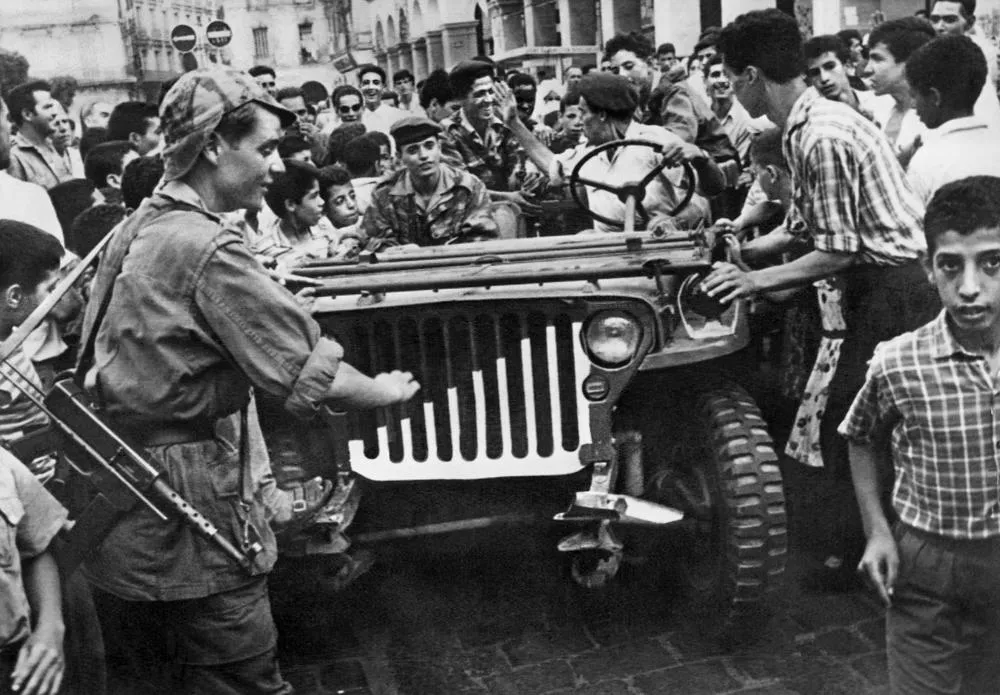Sixty years after Algeria won independence from France in 1962, relations between the two countries remain turbulent. Despite the devastating eight-year war of independence, experts say ties were surprisingly good for four decades before tensions began to worsen in the 1990s.
Luis Martinez, a Maghreb researcher at Sciences Po Paris, noted that “despite appearances and criticism, there has been a stable, very balanced relationship” for much of that time.
The Evian Accords, signed on March 18, 1962, ended the conflict that left between 500,000 and 1.5 million dead, depending on whether French or Algerian figures are used.
Decades of Cooperation After Independence
Under Charles de Gaulle and Georges Pompidou, France maintained solid ties with Algiers. Even under Socialist leader François Mitterrand, who opposed independence while serving as interior minister, cooperation continued.
France was allowed to conduct nuclear tests in the Algerian Sahara until 1967 and even chemical weapons tests until 1978 under secret agreements.
Relations soured in 1992 when France criticised Algiers for suspending elections after Islamist parties gained ground. Algeria responded by withdrawing its ambassador, triggering a decade of bloody conflict.
The Bouteflika Era and Anti-French Rhetoric
President Abdelaziz Bouteflika, who came to power in 1999, adopted anti-French rhetoric despite close cooperation behind the scenes. Historians argue this stance was aimed at strengthening domestic legitimacy after the civil war.
Algerian leaders accused France of “genocide” during its 130-year occupation, while at the same time quietly collaborating on regional security. For example, Algeria allowed French forces to use its airspace in 2013 for operations in Mali.
Macron’s Balancing Act
Relations warmed when Emmanuel Macron visited Algiers during his 2017 campaign, calling colonisation a “crime against humanity.” Once in office, he made gestures of reconciliation but stopped short of issuing an official apology for colonialism — a sensitive issue in France.
Tensions resurfaced in October 2021 when Macron accused Algeria’s “political-military system” of rewriting history and stoking “hatred towards France.” Algeria responded by once again withdrawing its ambassador.
Algeria and France Ahead of Elections
As France’s 2022 presidential elections approached, analysts noted that millions of voters of Algerian descent could play a decisive role.
“Algeria will vote for Macron,” said author Naoufel Brahimi El Mili, suggesting Algerians expect him to take bolder steps in a second term.
Former French ambassador Xavier Driencourt added:
“They don’t want Valerie Pecresse, and definitely not Zemmour or Le Pen.”
Still, experts warn much damage has been done. Martinez of Sciences Po said both sides will have to “go back to the drawing board” to find common ground.






